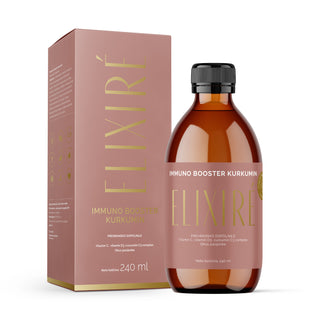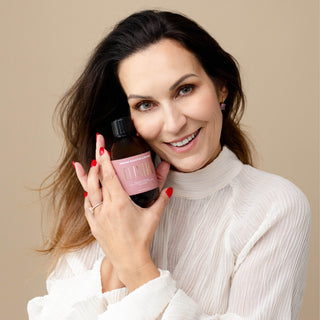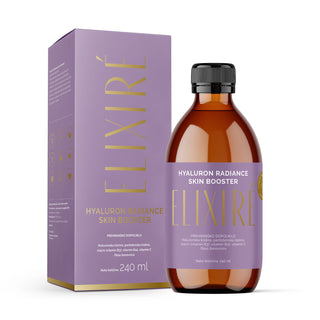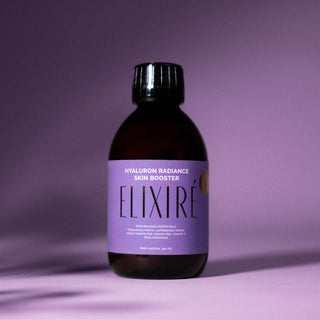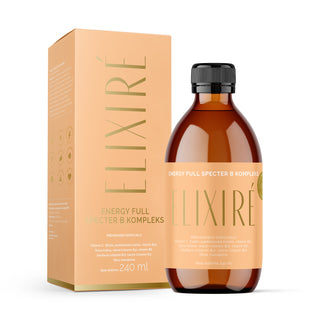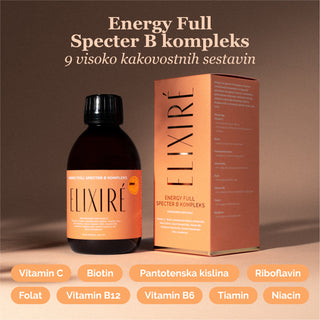The skin is our largest organ and is exposed to environmental influences every day – from UV rays and pollution to stress and fatigue. If we want to maintain its healthy and radiant appearance, it is crucial to provide support from within. One of the most promising natural antioxidants in this area is coenzyme Q10.
What is coenzyme Q10 and what does it do in the skin?
Coenzyme Q10 is a natural compound that is also found in skin cells, where it helps produce energy and protect against oxidative damage. As we age, levels of Q10 in the skin decrease, which can affect:
- reduced elasticity,
- increased sensitivity to UV radiation,
- the formation of wrinkles and pigment spots. (1*)
Coenzyme Q10 helps neutralize free radicalsthat cause premature skin aging. (1*)
Use of Q10 in cosmetics
Many cosmetic products for mature skin contain coenzyme Q10 – most often in the form of ubiquinone or ubiquinolThese products are designed to protect against free radicals and can help to:
- improving the appearance of the skin,
- smaller wrinkle depth,
- a more even complexion.
Topical use can also be supplemented with internal intake of Q10, as the skin also reflects the condition of our entire organism.
Internal support for more beautiful skin
Adding Q10 in the form of a dietary supplement can be part of your daily beauty routine – especially:
- after the age of 30,
- when exposed to stress and UV rays,
- when feeling tired and having grey, tired skin.
In addition, Q10 works in synergy with vitamins C and E, which are also important for healthy skin.
Foods rich in Q10
The highest levels of Q10 are found in oily fish (mackerel, sardines), red meat, spinach, broccoli, nuts and vegetable oils. However, dietary intake alone is often insufficient to achieve a pronounced beauty effect.
Beauty comes from within.
Coenzyme Q10 is a natural, body-derived compound that can help maintain healthy, radiant skin – especially when combined with a healthy lifestyle. If you want to support your skin from the inside out, Q10 can be a valuable part of your daily routine.
Literature: (*)
1. Source:
Coenzyme Q10 Supplementation in Fibrosis and Aging, (I.P. Hargreaves, D. Mantle), https://pubmed.ncbi.nlm.nih.gov/31493224/ 2. Source:
Antioxidants for Skin Health, (V. Kumar, N. Tanwar, M. Goel, M. Khan, D. Kumar, G. Singh, J. Mundlia, N. Khatri, A. Kumar),
https://pubmed.ncbi.nlm.nih.gov/39108105/ 3. Source: Coenzyme Q10 supplementation: Efficacy, safety, and formulation challenges, ( M. Arenas-Jal, J.M. Suñé-Negre, E. García Montoya), https://pubmed.ncbi.nlm.nih.gov/33325173/ 4. Source: Coenzyme Q10 contents in foods and fortification strategies, (I. Pravst, K. Žmitek, J. Žmitek), https://pubmed.ncbi.nlm.nih.gov/20301015/



